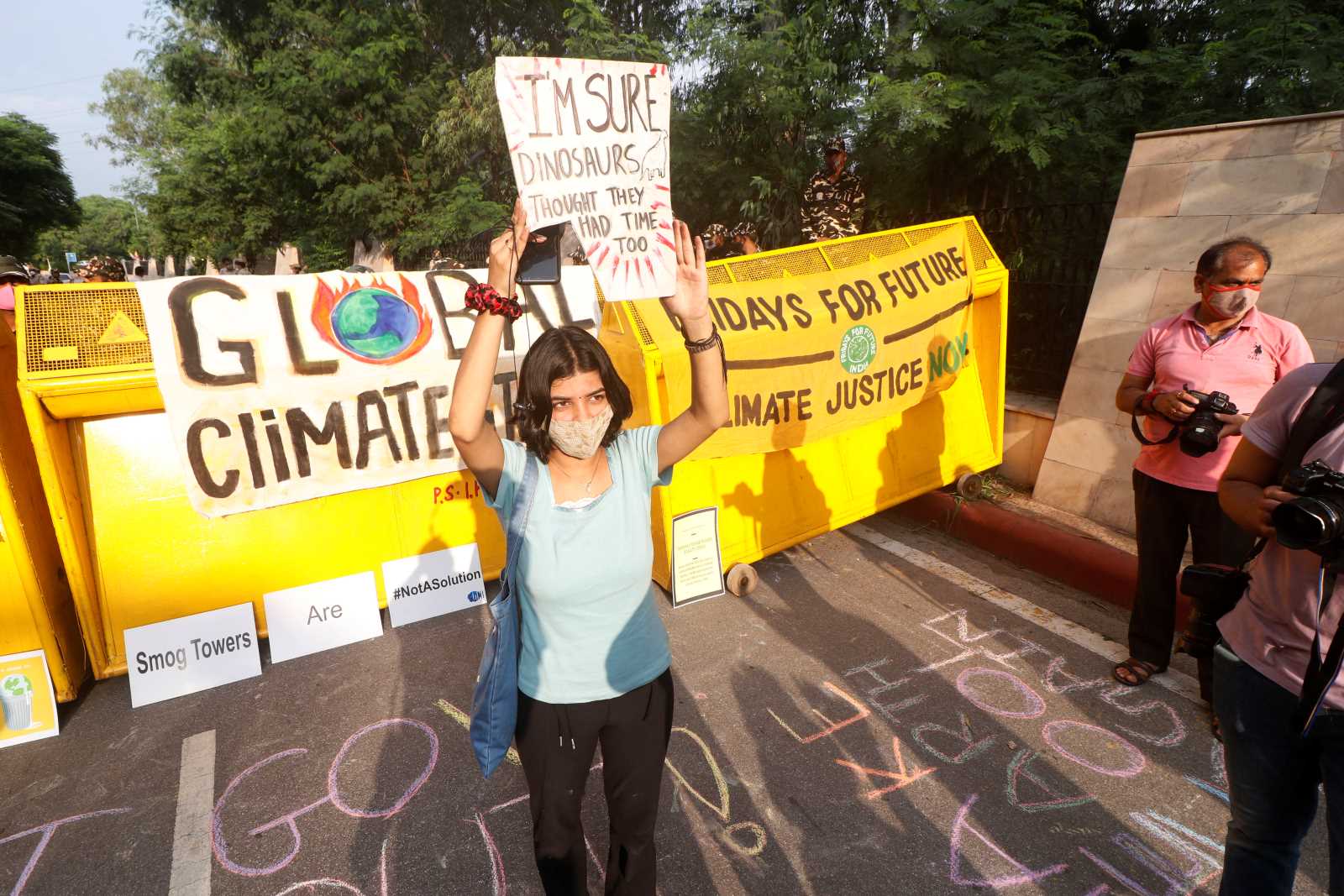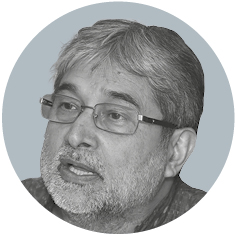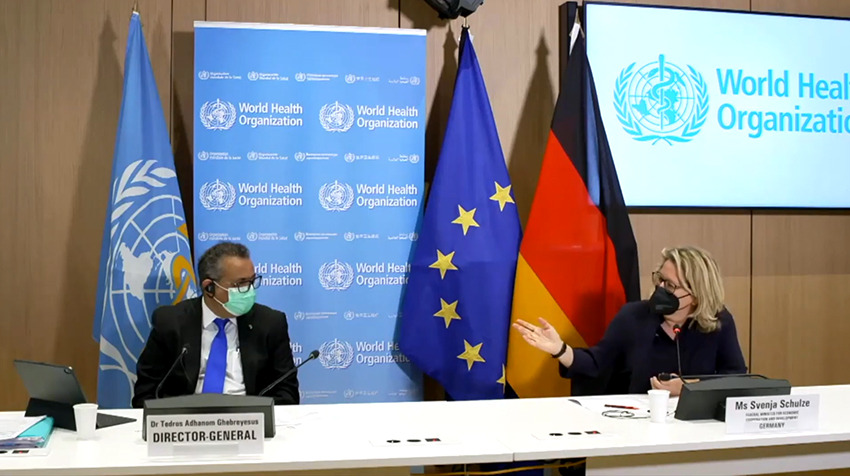Climate protection: new momentum, slow implementation
According to a comprehensive BBC report, the agreement includes rich nations' commitment to let HFCs peak by 2020, after which reductions will begin. Many emerging markets and developing countries, including China, will freeze HFC use in 2024, and a third group of countries, including India, Iran, Pakistan and some Gulf states, will do so in 2028. China has committed to start reducing HFC use by the end of the next decade, and India will do so by 2032.
Experts reckon that the agreement may reduce global warming by 0,5 degrees and thus make an important contribution to achieving the goals of the Paris agreement. Others, however, argue that it will be less effective because China, India and other countries that use huge amounts of HFCs will only join the effort later. As HFCs are needed for cooling technologies, they are especially important in hot countries.
The agreement was reached at a conference in Kigali. It is an update of the Montreal Protocol, which came into force in 1989 and served to protect the atmosphere's ozone layer by phasing out a special kind of HFCs. The Montreal Protocol is one of the most successful examples of effective global governance.
The Kigali agreement is the second deal to stem climate change that was reached in October. The first one was a commitment in the context of the International Civil Aviation Organization, a UN agency, to offset carbon emissions from air travel. The Guardian reported: “Instead of facing a cap or charge on emissions, airlines will be involved in an offsetting scheme whereby forest areas and carbon-reducing activities will be funded, costing about 2% of the industry’s annual revenues. Global aviation emissions in 2020 will be used as a benchmark, with around 80% of emissions above 2020 levels offset until 2035. The new system will be voluntary until 2027, but dozens of countries, including the world’s two largest emitters, the US and China, have promised to join at its outset in 2020.”
Personally, I am not that excited about the aviation agreement because offsetting emissions is not reducing emissions. And while it is good to see that the willingness to act is growing internationally, I do worry that it all may be too little too late.
On the upside, it is easier to speed up action than to agree on action in the first place. To gather by the experience made with the Montreal Protocol, moreover, market forces may actually ensure that HFCs are phased out faster than governments promise today. Once alternative technologies are introduced, they tend to become cheaper fast and crowd out older, polluting options.
Another concern is that the new momentum for agreeing measures will not last beyond the US election. Fear of Donald Trump seems to be driving the recent trend. The Paris Agreement came into force at record speed because many countries signed up fast, worrying that a President Trump might undo it. All governments involved in negotiations know that US President Barack Obama is keen on stemming human-made climate change, while his Republican opposition mostly denies there is such a phenomenon at all. Accordingly, it makes sense to strike deals with the Obama administration now.
A Trump victory would be terrible news for climate protection, but the more progress on climate change the world makes, the more difficult he would find it to wriggle out of commitments made by Obama on behalf of the USA. If, however, Hillary Clinton wins the election, which is more likely, other governments' sense of urgency in climate negotiations may dissipate again. It seems to be driven by electoral, not scientific concerns.















